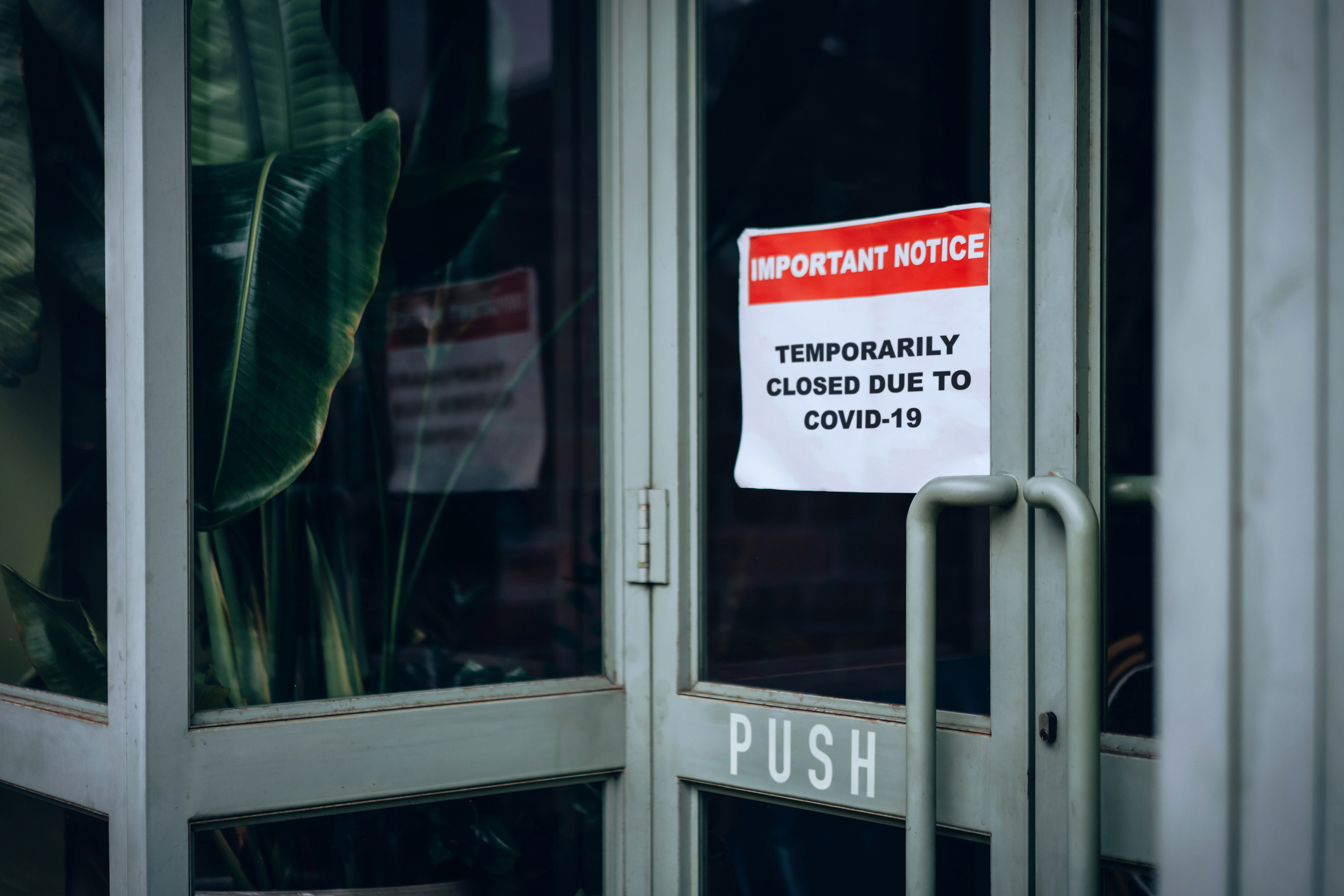The Oregon Clinic PC v. Fireman’s Fund Insurance Company

(Under Oregon Law, Property Loss Based On Shutdown of Medical Clinics Did Not Constitute Direct Physical Loss Under Commercial Insurance Policy)
(September 2023) - In The Oregon Clinic, PC v. Fireman’ Fund Ins. Co., 75 F.4th 1064 (9th Cir. July 31, 2023), the U.S. Court of Appeals for the Ninth Circuit affirmed the U.S. District Court of Oregon’s order dismissing a Complaint filed by The Oregon Clinic PC (“Oregon Clinic”) against Fireman’s Fund Insurance Company (“Fireman’s Fund”). The Complaint alleged that the spread of the COVID-19 virus in its medical clinics and subsequent government order to shut-down operations in such clinics constituted “direct physical loss” triggering coverage under a commercial property policy issued by Fireman’s Fund.
In response, Fireman’s Fund filed a motion to dismiss Oregon Clinic’s lawsuit because Oregon Clinic’s claim did not involve “direct physical loss” to tangible property. The District Court agreed and issued an order dismissing Oregon Clinic’s lawsuit. In the ensuing appeal, the Court of Appeals in April certified the “direct physical loss” question to the Oregon Supreme Court, but the state high court declined to answer it.
In affirming the District Court’s order, the Court of Appeals found as follows:
The outcome of Oregon Clinic's suit hinges on the meaning of "direct physical loss or damage" in the Policy. The Parties dispute whether Oregon Clinic adequately alleged a "direct physical loss or damage" to property under the Policy, and they offer competing interpretations of that phrase. Fireman's Fund contends that "[t]o establish direct physical loss or damage to property, an insured must have suffered a distinct, demonstrable physical alteration to property that requires repair or replacement." Oregon Clinic, on the other hand, argues "loss" and "damage" mean [**11] different things, and that "loss" can mean "the impairment and loss of the functional use of insured property for its intended purpose (as medical clinics) due to the Coronavirus and/or the governmental orders." In other words, Oregon Clinic argues that it need not allege "physical alteration to property" to adequately allege a "direct physical loss or damage" to property under the Policy. A plain reading of the Policy as a whole, Oregon caselaw, and a plethora of state and federal appellate decisions in COVID-19 insurance cases, including our decision in Mudpie, support Fireman's Fund's position.
Together, Trutanich and Wyoming Sawmills suggest the Oregon Supreme Court would interpret the phrase "direct physical loss or damage" as requiring some physical alteration or damage to property such that "loss of use" is insufficient to trigger coverage under the Policy. Indeed, as the District of Oregon pertinently noted when tasked with interpreting the same phrase, "[h]ere, like the policies in Wyoming Sawmills and Farmers Insurance, the inclusion of the word 'physical' confers the plain meaning that any 'loss of or damage to' the property must be physical in nature." Zeco Dev. Grp., LLC v. First Mercury Ins. Co., No. 3:21-CV-406-SI, 2022 U.S. Dist. LEXIS 26325, 2022 WL 444400, at *4 (D. Or. Feb. 14, 2022); see also Great N. Ins. Co. v. Benjamin Franklin Fed. Sav. & Loan Ass'n, No. 90-35654, 1992 U.S. App. LEXIS 1593, 1992 WL 16749, at *1 (9th Cir. 1992) (affirming Oregon district court's interpretation of "direct physical loss" based on Wyoming Sawmills and concluding that "consequential loss caused by the necessity of cleaning up the asbestos" is not "direct physical loss"). Contrary to Oregon Clinic's position, loss of only the intended use of the property—as opposed to a total dispossession of the property—is not a "direct physical loss." Zeco, 2022 U.S. Dist. LEXIS 26325, 2022 WL 444400, at *4.
Applying the interpretation of "direct physical loss or damage" we predict the Oregon Supreme Court would adopt, we conclude that Oregon Clinic has not adequately alleged its property suffered such loss or damage.
Indeed, Oregon Clinic does not allege its property was lost or damaged by the virus in a manner that required it to conduct repairs or replace its property to rectify such damage. Instead, Oregon Clinic argues it is enough that it alleged that (1) COVID-19 "particles infiltrate air systems, transforming the properties into dangerous super-spreading viral incubators," and (2) "the only meaningful way to prevent the constant reintroduction of the virus and recontamination of the insured properties was to make physical changes to the office space, close for periods of time, and limit the use of the space."
But these are purely consequential damages. For example, the insured in Trutanich prevailed because he had shown the house was "'physically damaged' by the odor that persisted in it," and that "[t]he cost of removing that odor was a direct rectification of the problem." Trutanich, 858 P.2d at 1336. Oregon Clinic, however, does not adequately allege that any of its insured property was "physically damaged" by the virus, or that the cost of removing the virus would have directly rectified the problem.
Interestingly, in reaching its decision, the Court of Appeals followed its decision applying California law in Mudpie, Inc. v. Travelers Cas. Ins. Co. of Am., 15 F.4th 885, 889.

